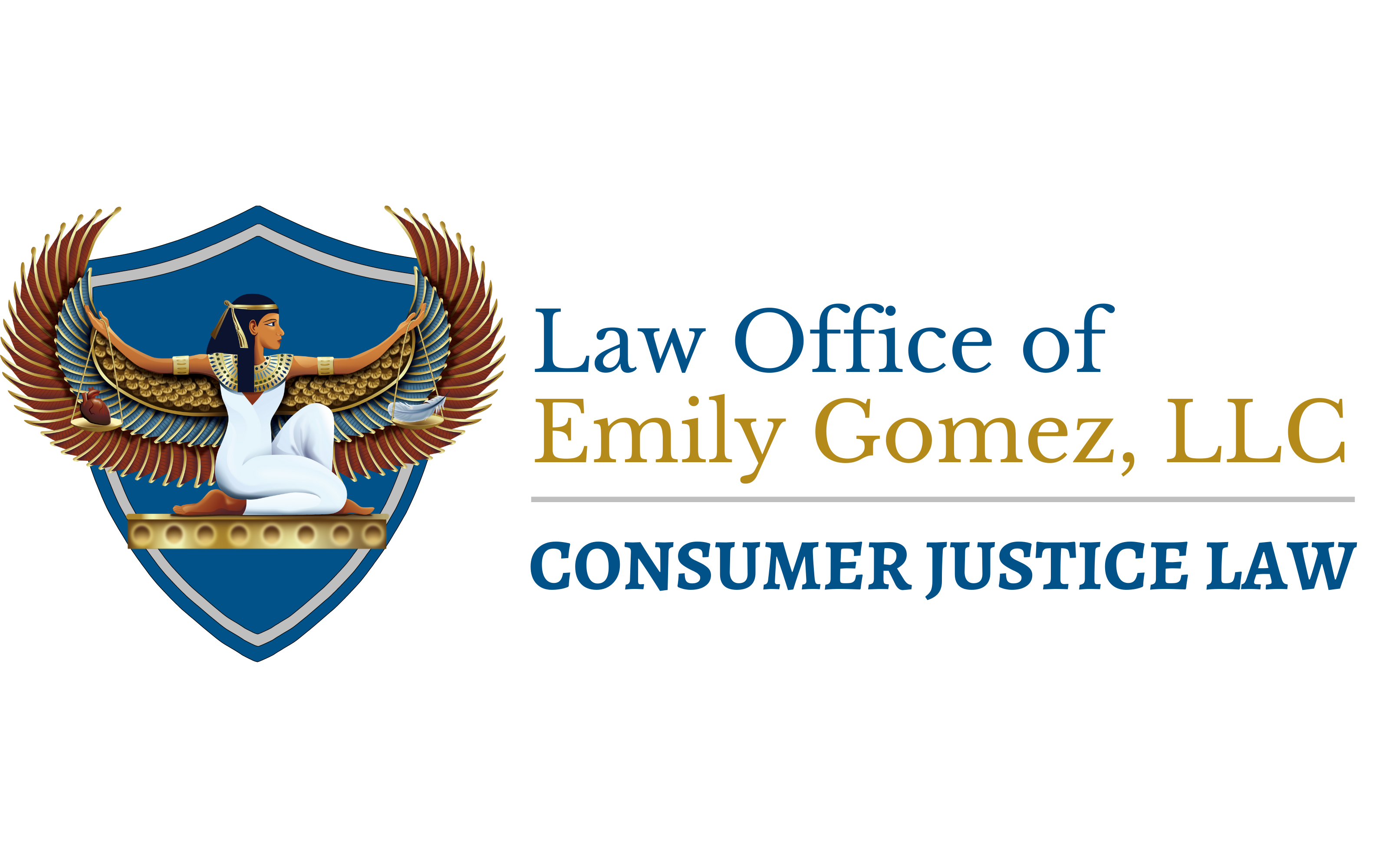Are You Being Harassed by Debt Collectors?
- Do the phone calls never stop?
- Are you getting threatening messages?
- Has a collector contacted your family, employer, or sent repeated letters, emails, or texts?
If any of this sounds familiar, you may be experiencing illegal debt collection practices—and you don’t have to put up with it. At The Law Office of Emily Gomez, LLC, we help Pennsylvania consumers stop the harassment and hold debt collectors accountable.
What Is Debt Collector Harassment?
Debt collector harassment occurs when collection agencies or creditors use abusive, threatening, or deceptive tactics to pressure you into paying. This may include:
- Threats of arrest, lawsuits, or wage garnishment (even when untrue)
- Calling before 8 AM or after 9 PM
- Contacting your employer after being told not to
- Refusing to validate a debt upon request
- Using profanity or other derogatory language in communications
- Reporting false information on your credit reports
These actions are against federal and state law—and you may be entitled to compensation.
The Laws That Protect You
Two key laws give you the power to fight back:
🔹 Fair Debt Collection Practices Act (FDCPA)
A federal law that limits what third-party collectors can do when collecting consumer debt.
🔹 Fair Credit Extension Uniformity Act (FCEUA)
A Pennsylvania law that extends similar protections against original creditors, in addition to debt collectors.
Both laws require collectors to:
- Be honest about the debt
- Provide accurate information in all communications with you
- Treat you respectfully
If they don’t, you may be able to sue them and recover statutory damages, actual damages, and attorney’s fees.
You Have the Right to Respect and Fairness
It doesn’t matter whether the debt is valid or disputed—you have the right to be treated professionally and lawfully. If a collector is:
- Threatening arrest or legal action without grounds
- Contacting you at work after being told not to
- Falsely inflating the amount you owe
- Refusing to show proof that they legally own the debt…
…you may have a strong case for legal action.
How to Stop Debt Collector Harassment Today
📞 Call the Law Office of Emily Gomez at (412) 378-5854
We offer free consultations for clients dealing with debt harassment across Pittsburgh, Western Pennsylvania, and Central Pennsylvania.
✅ Save voicemails, letters, emails, and texts—this is valuable evidence.
✅ The sooner you act, the faster we can stop the calls and take legal action.
Under the FDCPA, if your rights have been violated, the debt collector—not you—may have to pay the legal fees.
Frequently Asked Questions (Debt Collector Harassment)
What qualifies as debt collector harassment?
Harassment includes repeated or threatening calls, false statements about the debt, contacting third parties, or using abusive language. These actions violate the FDCPA and FCEUA.
Can I sue a debt collector for harassment?
Yes. If a collector breaks the law, you can sue in federal or state court. You may recover up to $1,000 in statutory damages, plus any emotional or financial harm caused.
What kind of evidence should I keep?
Save voicemails, emails, texts, letters, and note the date/time of phone calls. This evidence is crucial in proving harassment and can significantly help your case.
Do I have to pay the debt if I sue the collector?
Suing a collector doesn’t erase the debt itself. However, it can stop illegal collection practices and in some cases lead to a settlement or dismissal of the debt.
How much does it cost to hire a debt harassment lawyer?
In many cases, if your rights have been violated, the debt collector pays your legal fees. We offer free consultations to determine if you have a case.









